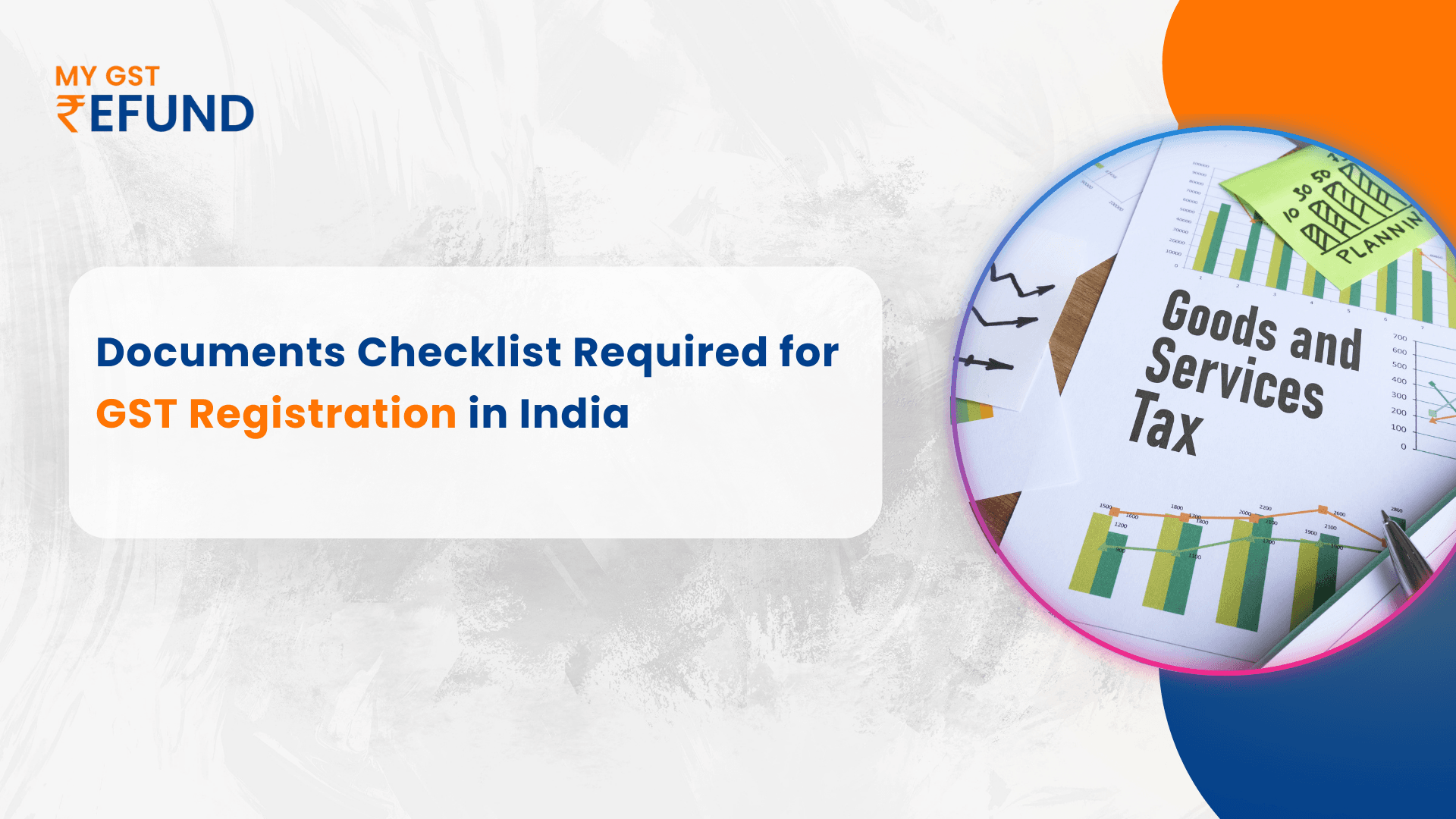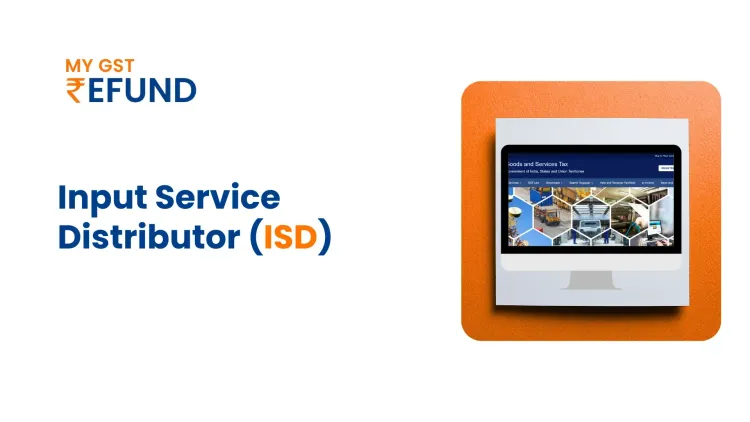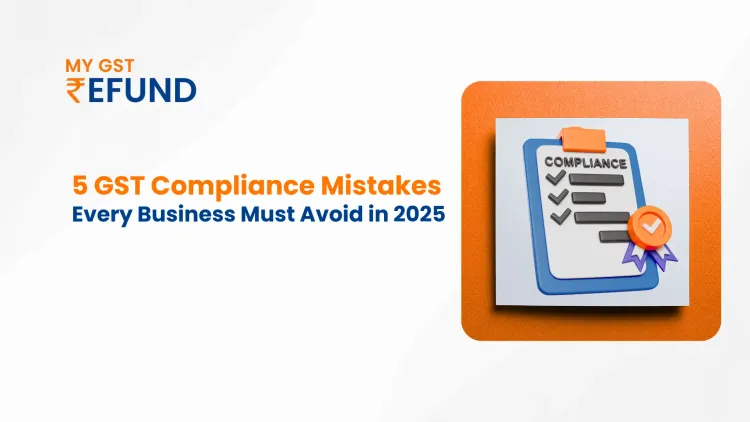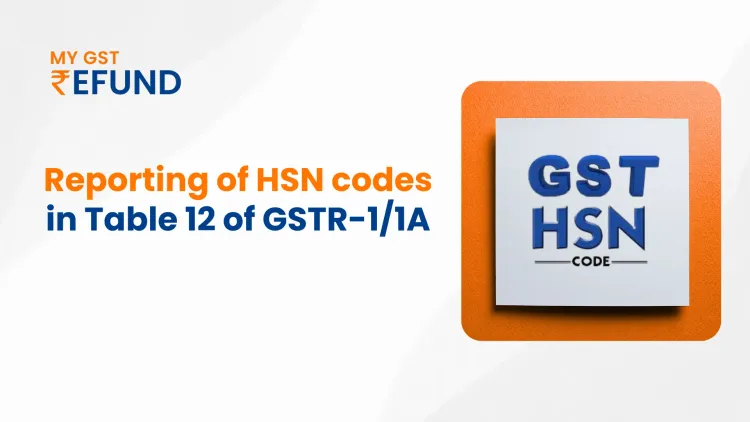Documents Checklist Required for GST Registration in India
GST revolutionised Indian taxation under a new system after its implementation. GST represents a destination-tax model that functions as an alternative to several indirect taxes. The GST registration certificate serves as a legal requirement for operating a business of any size, which allows businesses to enjoy benefits that include input tax credit. The piece demonstrates comprehensive details about documents required for GST registration, as it provides a structured guide for the required GST registration documents and their checklist.
Who Needs GST Registration?
The Indian law demands that businesses register for GST when their combined revenue exceeds governmental thresholds. Guidelines for GST registration apply to businesses that operate in interstate supplies and e-commerce or belong to distinct industries, including online gaming, along with services. Obtaining a GST registration certificate benefits businesses with all tax credits, despite their turnover level, since it remains an essential process for many organisations. Several groups of entities need to obtain registration according to the following breakdown:
- For the purpose of tax credits and fulfilling legal requirements, small and medium enterprises (SMEs) need to register.
- Any business engaged in online sales operations must register, even if they operate below the specified turnover threshold.
- All businesses operating between states and involved in goods or services must register as interstate suppliers.
- Services professionals, as well as providers whose turnover amounts do not reach the threshold, still need to register with GST.
Read More: Top 5 Benefits of GST Registration for Startups
GST Registration Documents List
To register for GST, businesses must provide specific documents based on their entity type. Below is the updated list of required documents:
1. Sole Proprietor / Individual
- PAN card of the owner
- Aadhaar card of the owner
- Owner’s photograph (JPEG format, max size – 100 KB)
- Bank account details
- Address proof
2. Partnership Firm / LLP
- PAN card of all partners (including managing partner and authorized signatory)
- Partnership deed copy
- Photograph of all partners and authorized signatories (JPEG format, max size – 100 KB)
- Address proof of partners
- Aadhaar card of the authorized signatory
- Proof of appointment of authorized signatory
- For LLPs: Registration certificate or board resolution
- Bank account details
- Address proof of principal place of business
3. Hindu Undivided Family (HUF)
- PAN card of HUF
- PAN card and Aadhaar card of Karta
- Karta’s photograph (JPEG format, max size – 100 KB)
- Bank account details
- Address proof of principal place of business
4. Company (Public/Private/Indian/Foreign)
- PAN card of the company
- Certificate of incorporation issued by the Ministry of Corporate Affairs
- Memorandum of Association / Articles of Association
- PAN card and Aadhaar card of the authorized signatory
- PAN card and address proof of all directors
- Photograph of all directors and authorized signatory (JPEG format, max size – 100 KB)
- Board resolution or proof of appointment of authorized signatory
- Bank account details
- Address proof of principal place of business
Additional Document Guidelines
1. Bank Account Details
- Submit a cancelled cheque or a bank statement extract (showing the first and last page) in JPEG or PDF format, max size 100 KB.
2. Address Proof (Any one of the following)
- Property tax receipt
- Municipal Khata copy
- Electricity bill
- Ownership deed (for owned properties)
- Lease/rent agreement (for leased or rented properties) – must be submitted with
- property tax receipt, municipal Khata, or electricity bill
- Consent letter/NOC from the owner (for shared properties) – must be submitted with property tax receipt, municipal Khata, or electricity bill
Documents Required for GST Registration Based on Business Activity (Updated for April 2025)
The documents necessary for GST registration depend on the category of registration and the nature of the business activity. Below is the updated list of required documents for each type of GST registration.
1. Normal Taxpayer Registration
This applies to businesses supplying taxable goods or services, including composition dealers, government departments, and input service distributors (ISD). Required documents include:
- PAN card of the company (for companies)
- Certificate of incorporation or proof of business constitution
- Memorandum of Association (MOA) / Articles of Association (AOA) (for companies)
- PAN and Aadhaar of the authorized signatory (must be Indian, even for foreign businesses)
- PAN and address proof of all directors or partners
- Photograph of all directors and the authorized signatory (JPEG format, max size 100 KB)
Board resolution or proof of authorized signatory’s appointment (JPEG or PDF format, max size 100 KB) - Bank account details*
- Address proof of the principal place of business**
2. GST Practitioner Registration
- Individuals registering as GST practitioners must provide:
- Applicant’s photograph (JPEG format, max size 100 KB)
- Address proof of the practice location
- Proof of a qualifying degree (degree certificate)
- Pension certificate (for retired government officials)
Pro Tips: Plan Ahead and Easily Calculate Your GST Refund with Our Online GST Refund Calculator Tool!
3. Tax Deducted at Source (TDS) Registration
For entities deducting TDS under GST, the required documents include:
- Photograph of the drawing and disbursing officer (JPEG format, max size 100 KB)
- PAN and TAN of the entity
- Photograph of the authorized signatory (JPEG format, max size 100 KB)
- Proof of authorised signatory’s appointment
- Address proof of the tax deductor
4. Tax Collected at Source (TCS) Registration
E-commerce operators collecting TCS under GST must submit:
- PAN of the entity
- Photograph of the authorized signatory (JPEG format, max size 100 KB)
- Proof of authorised signatory’s appointment
- Address proof of the tax collector**
5. Non-Resident Online Information and Database Access or Retrieval (OIDAR) Service Provider
Online service providers outside India, without a place of business in India, must provide:
- Photograph of the authorized signatory (JPEG format, max size 100 KB)
- Proof of authorised signatory’s appointment
- Indian bank account details*
- Proof of non-resident status (e.g., clearance certificate from the Government of India, foreign business license, or incorporation certificate from another country)
6. Non-Resident Taxable Person (NRTP) Registration
For non-residents occasionally supplying taxable goods or services in India, the required documents include:
- Photograph and proof of the Indian authorized signatory’s appointment
- For individuals: Scanned copy of NRTP’s passport with visa details
- For businesses: A Unique identification number issued by their home government
Indian bank account details - Address proof
7. Casual Taxable Person Registration
Unregistered domestic individuals supplying taxable goods or services on an occasional basis must provide:
- Photograph and proof of the Indian authorized signatory’s appointment
- Proof of business constitution
- Indian bank account details*
- Address proof
8. UN Bodies / Embassies Registration
For obtaining a Unique Identification Number (UIN) to claim tax refunds, the required documents include:
- Photograph of the authorized signatory
- Proof of authorised signatory’s appointment
- Indian bank account details
Additional Document Requirements
1. Bank Account Details
- Upload a cancelled cheque or a bank statement extract (showing the first and last page) in JPEG or PDF format, max size 100 KB.
2. Address Proof (Any one of the following)
- Property tax receipt
- Municipal Khata copy
- Electricity bill
Additionally, based on the situation, one of the following may be required:
- Ownership deed/document for owned properties
- Lease or rental agreement for rented properties (must be submitted with property tax receipt, municipal Khata, or electricity bill)
- Consent letter/NOC from the owner for shared properties (must be submitted with property tax receipt, municipal Khata, or electricity bill)
Key Considerations for GST Registration Documents
When submitting documents for GST registration, ensure the following:
File Size: Documents must meet size limits as per portal requirements.
Format: Upload in JPG or PDF format.
Official Website Reference: Always check the official GST portal for updated requirements.
Digital Signature: Authorised signatories must have a Digital Signature Certificate (DSC) for authentication.
Conclusion
The process of registering for GST in India becomes simpler by using a properly built GST registration documents list despite its initial complexity. The requirement to present all necessary documents remains crucial for achieving a smooth application process, regardless of whether it is an individual, sole proprietor, partnership firm, company, or LLP. You can advance toward the GST registration certificate security along with certain regulatory compliance through this complete list and checklist for GST documents.
Frequently Asked Questions
What documents do I need for GST registration?
GST registration needs the presentation of these essential documents: PAN card alongside proofs for identity and business address, and bank account information with attached photographs. To register for GST, both companies and LLPs need to provide incorporation certificates along with digital signature certificates. The full GST registration documents checklist offers complete documentation of every required detail.
How much are the fees for GST registration?
The process of obtaining GST registration normally does not carry any charges. Using outside help from service providers for assistance will result in a charge for their services. The registration process itself is free from government fees, but you must verify the fee structure with the service provider.
What is the GST registration limit?
The limit for GST registration depends on the classification of the business. The standard threshold in most states stands at 40 lakhs for goods businesses and 20 lakhs for service-based businesses. Businesses must consult the most current guidelines because particular sectors could have specific thresholds that apply to their registration requirements.
Who is not eligible for GST registration?
The GST registration applies only to specific businesses that have annual revenue amounts below officially established thresholds. Organisations that only conduct exempt goods or services activities are unable to register for GST. Eligibility determination for GST registration requires professional advice and an examination of guidelines when you doubt your qualification status.
What is the maximum income to qualify for GST?
GST registration does not contain specific income restrictions because any business generating a turnover above the stated threshold must register for GST. A GST registration certificate, combined with registration, is required for all businesses that exceed the threshold, even if their total income exceeds the amount. Check India's government website for recent notifications to access up-to-date thresholds.
Read More: How to Check GST Registration Application Status: A Complete Guide
Related Posts








